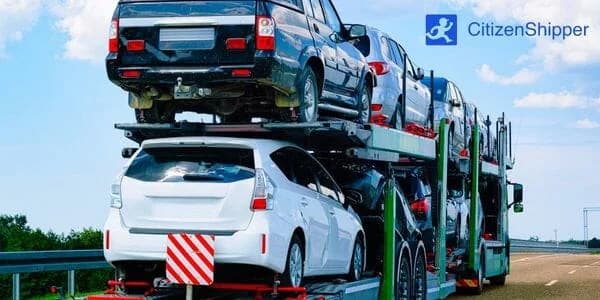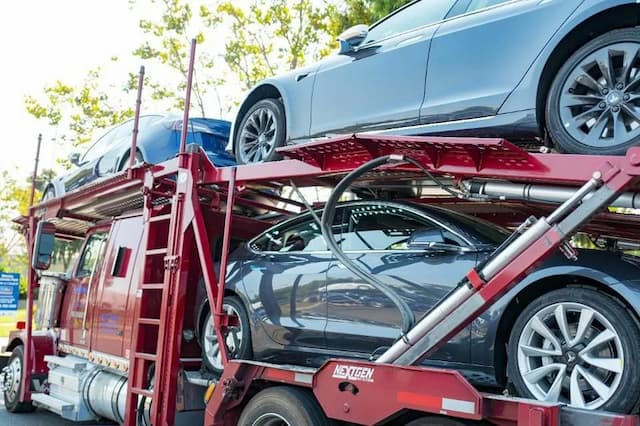Navigating Car Transport in Pittsburgh, PA
When it comes to shipping your car in Pennsylvania, there's a world of factors to consider. Pennsylvania, with its variable terrain, four distinct seasons, and urban challenges, presents a distinct set of circumstances. But don't worry! Here at CitizenShipper, we are committed to helping you navigate through it all. Whether you're moving into or out of Pittsburgh or need to transport your car for any reason, our expert team is here to help.
Pennsylvania's Vehicle Transportation Laws & Regulations
In Pennsylvania, car transportation laws and regulations are in place to ensure the safety and preservation of all vehicles and public roadways. Auto transporters must adhere to the Federal Motor Carrier Safety Administration (FMCSA) regulations for safety. Compliance involves ensuring that all vehicles are properly secured during transport and maintaining necessary documents for every shipped vehicle.
All auto transporters operating in Pennsylvania must also possess an active MC Docket number, issued by the FMCSA. This number signifies that a transportation company is registered under the federal government, allowing them to legally operate across state lines. Additionally, Pennsylvania requires commercial transporters to carry specific insurance minimums and may have weight restrictions on certain roads and bridges, particularly important in Pittsburgh's hilly landscape with its 446 bridges.
Weather & Terrain Considerations in Pittsburgh, PA
Weather patterns in Pittsburgh, PA have a significant impact on car shipping. The city experiences all four seasons distinctly, with cold, snowy winters and warm, humid summers. Winter months (December through February) can be particularly challenging for auto transport due to snowfall, ice, and freezing temperatures that might affect roads and delivery times. The city averages about 41 inches of snowfall annually, which can create delays during winter shipping.
Pittsburgh's terrain is notably hilly, situated at the confluence of three rivers – the Allegheny, Monongahela, and Ohio. These geographical variations can present shipping challenges, especially for larger vehicles navigating the city's steep hills, numerous bridges, and tunnels. When planning auto transport to or from Pittsburgh, it's beneficial to account for possible weather-related delays in winter months and potential route limitations due to the city's unique topography. Experienced car shipping services familiar with Pittsburgh's layout are particularly valuable for ensuring smooth delivery within the city limits.








